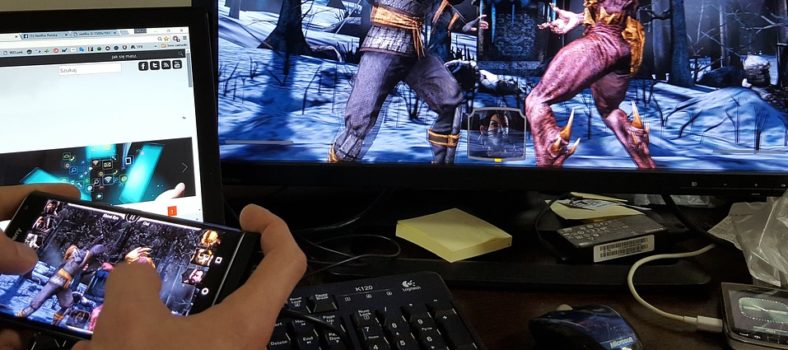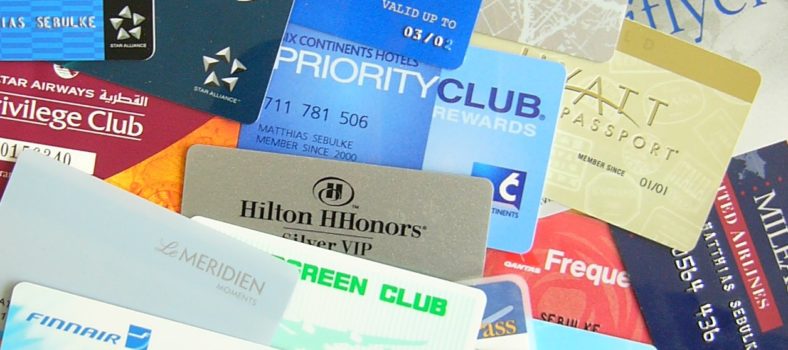 By Daniil Saiko
By Daniil Saiko
The earliest iteration of email was a fringe application, only used by tech-savvy engineers and hobbyists. That changed with the introduction of AOL, which took the Internet and email from fringe to mainstream.
Despite the mass amount of media coverage, cryptocurrencies are in the same position as the pre-AOL Internet. Generally, only used by people deeply involved in the technology or speculators, there is still no form of digital currency that is widely understood and practically used by the general public. But there are cases where crypto technologies are commonly used, such as in countries with authoritative regimes.
Now the world’s largest social media company, Facebook, is attempting to become the “AOL of cryptocurrency” with its first offering, Libra.
What is Libra?
Libra is a new cryptocurrency designed for a mass audience. Libra’s mission is to “enable a simple global currency and financial infrastructure that empowers billions of people”. It is built on a blockchain system and is backed by the Libra reserve, which employs a basket of global currencies, government securities and bonds to maintain a stable price for its tokens.
Facebook has been very strategic in its planning of Libra, cherry-picking cutting-edge ideas from crypto space leaders like Bitcoin and Ethereum, and leveraging the open source and broader community knowledge in Libra. The company envisions multiple real-world applications for Libra, from peer-to-peer payments to online and bricks-and-mortar shopping.
Libra is not decentralized
To make Libra happen, Facebook has set up the Libra Association, a not-for-profit membered organization headquartered in Geneva, Switzerland. It has published a white paper, An Introduction to Libra.
There were 28 initial founding companies involved in the development of the central code base for Libra. Members came from various industries including technology, payments and not-for-profits, with notable founding members like Uber Technologies and Women’s World Banking.
Contrary to many claims, Libra is federated and not decentralized. While some aspects of the application will be open source and decentralized, the Libra Association will still control the fundamental code base and what will get deployed to the user base.
Libra’s two-token system
For a crypto economy to be successful there needs to be an underlying incentive system to keep the network running. In the case of Bitcoin, digital mining rewards users for the use of their computer processing power through the monetary gain of Bitcoin itself. This process helps validate transactions, which, in turn, encourages further transactions to happen. Libra’s two-token system attempts to solve this by creating separate incentives for consumers and investors.
The first type will be the Consumer Token. Users will buy Libra with their local currencies, which will be held in the Libra Reserve. If they decide to cash out, the Libra will be destroyed, and the users will receive the equivalent value back in the currencies of their choosing. This means there will always be 100 per cent of the value of Libra in circulation, allowing the cryptocurrency to maintain its own unique value independent of sovereign currencies.
The second is Libra’s Investment Token, which will be exclusive to the founding members and other accredited institutions that have invested a minimum of US$10 million. The token entitles holders to a proportion of the interest earned on the assets in reserve, after the Libra Association pays for engineering research, grants to nonprofits and other operating costs. This creates an incentive for Libra’s founding members to make the application more popular and grow the amount of money held in reserve.
Not without controversy
Libra comes with some serious concerns from regulators and governments, with some calling for a complete ban or stringent oversight. At a recent G7 meeting French Finance Minister Bruno Le Marie stated that a “private company shouldn’t have the possibility to create a sovereign currency.” There are also fears that the digital currency could be used for money laundering, fraud and other financial crimes.
Many companies have also left Libra, including Visa and PayPal, following regulatory scrutiny of the project and warnings from politicians that the Libra could pose a threat to the financial system.
Furthermore, for Libra to break into the mainstream, users will need to be confident that their money and data are secure.
Facebook has a long road ahead to make Libra “the” currency of the future. It will need to clear numerous hurdles, most of which are less technological in nature but rather in the forms of government regulation and public perception to instill trust in consumers. It will have to constantly reinvent itself to keep up in the innovative and ever-changing payments industry.
Facebook has built a company with an over two billion-strong loyal base of users. Along with the right investments, it’s next feat could it be revolutionizing the way we purchase our coffee, split dinner cheques and send money across the world.
Daniil Saiko is director, Product & Sales Engineering, Cambridge Global Payments.




